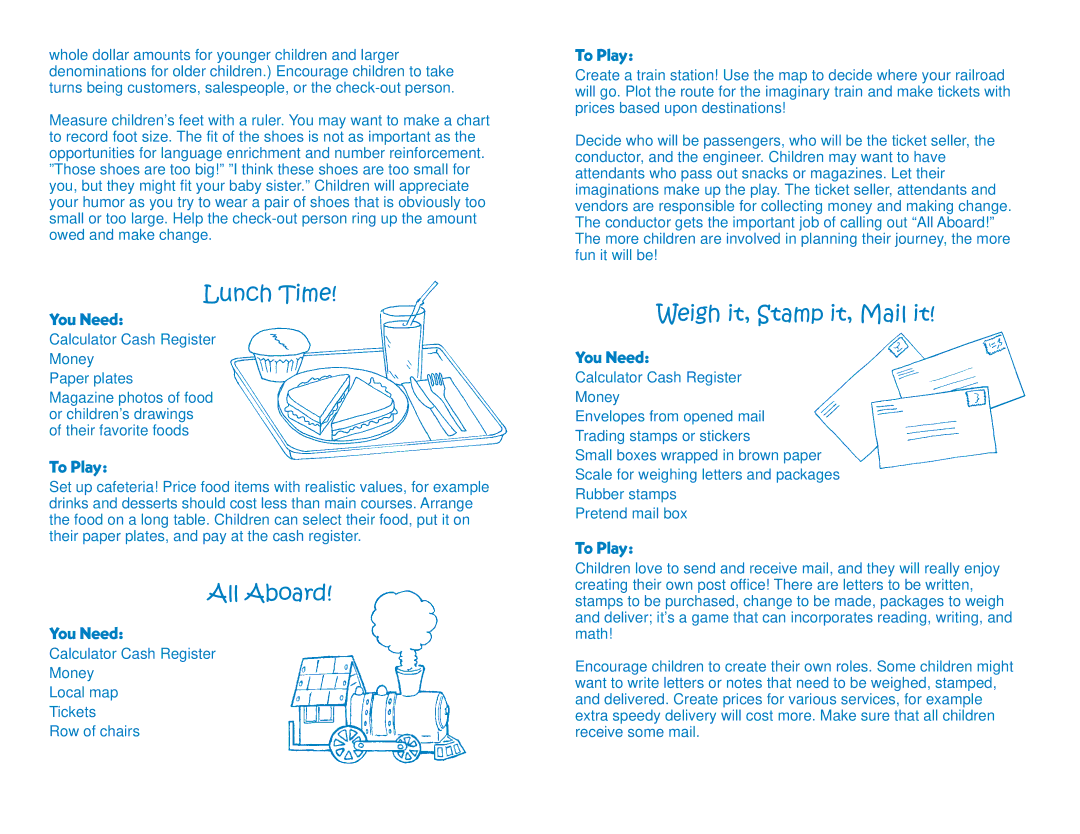LER 2629 specifications
Learning Resources LER 2629 is a versatile educational tool designed to enhance early childhood learning through interactive play. This engaging set focuses on STEM (Science, Technology, Engineering, and Mathematics) principles, making it an ideal choice for both home and classroom environments.One of the main features of LER 2629 is its hands-on play opportunities. The set includes a collection of colorful, interlocking gears that allow children to design and build their own structures. This open-ended approach encourages creativity and critical thinking as kids experiment with different configurations and observe the resulting movements. The tactile nature of the gears supports kinesthetic learning, catering to various learning styles.
The technology behind Learning Resources LER 2629 is centered around promoting cognitive development. As children manipulate the gears, they develop fine motor skills and hand-eye coordination. The set also incorporates early engineering principles, allowing children to understand cause and effect as they engage in mechanical problem-solving. By working with these gears, children learn about motion and basic physics concepts in a fun and interactive way.
LER 2629 is designed with safety in mind. The pieces are made from durable, non-toxic materials, ensuring that both parents and educators can feel confident in their use. Additionally, the size of the gears is appropriate for little hands, promoting safe play without the risk of choking hazards.
Another characteristic of this learning resource is its adaptability. Suitable for children aged 4 and up, the set can be used in a variety of educational settings, including preschool, kindergarten, and even at home. Teachers can integrate the gears into lessons that cover fundamental math concepts like patterns, sorting, and counting, while parents can incorporate them into playtime for a seamless learning experience.
In conclusion, Learning Resources LER 2629 stands out as an effective educational tool that combines play with essential learning outcomes. Its focus on hands-on interaction, safety, and adaptability makes it an invaluable resource in fostering a love for STEM subjects among young learners, encouraging curiosity and exploration in a playful manner. This set truly embodies the philosophy that learning can—and should—be fun while laying the foundation for future academic success.

